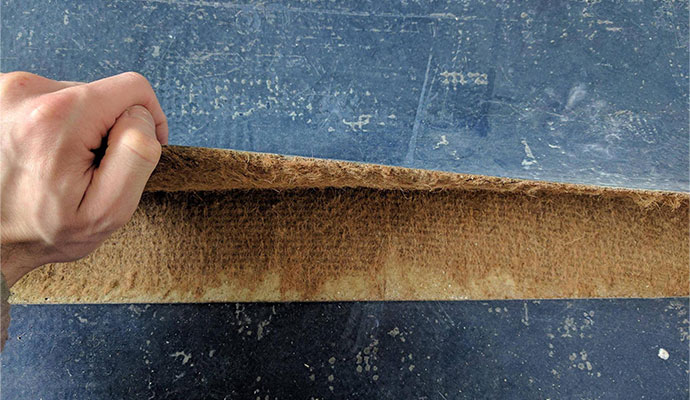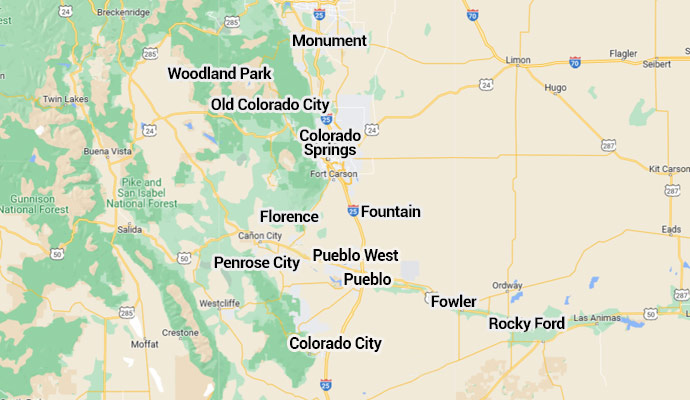Does Your Vinyl Floor Contain Asbestos?
Vinyl flooring has been around for more than a century and has undergone many changes in its composition and production process over the years. The use of asbestos in vinyl flooring was prevalent in the mid-20th century but concerns about its health effects led to its eventual ban in the United States.
The History of Vinyl Flooring

Vinyl flooring, also known as linoleum, was first introduced in the late 1800s as a durable and affordable alternative to expensive natural flooring materials such as hardwood and stone. It was made from natural materials such as linseed oil, cork dust, and tree resins, and was often used in commercial settings such as hospitals and schools.
In the 1930s, vinyl flooring began to be produced using synthetic materials, primarily polyvinyl chloride (PVC). This made the flooring more resistant to wear and tear and moisture and also made it easier to produce in a wider range of colors and patterns. As the popularity of vinyl flooring grew, so did the use of asbestos as a reinforcing agent.
Asbestos is a naturally occurring mineral that was widely used in the construction industry for its strength, durability, and fire-resistant properties. It was added to vinyl flooring to make it stronger and last longer, as well as to make it more resistant to fire and heat. However, the use of asbestos in vinyl flooring in Colorado homes and businesses also posed a significant health risk to those who worked with or around it.
Asbestos exposure can cause a range of serious health problems, including lung cancer, mesothelioma, and asbestosis. These diseases often have a long latency period, meaning that symptoms may not appear for many years after exposure. This made it difficult to link asbestos exposure to specific products such as vinyl flooring, as symptoms often did not appear until decades later.
In the 1970s, concerns about the health risks associated with asbestos exposure began to mount. This led to a series of regulations and bans on the use of asbestos in various products, including vinyl flooring. The U.S. Consumer Product Safety Commission (CPSC) issued a ban on the manufacture and sale of vinyl flooring containing asbestos in 1977. This ban was later upheld by the courts, and vinyl flooring manufacturers were required to reformulate their products to eliminate asbestos.
Newer Vinyl is Usually Safer
Today, vinyl flooring is produced using a variety of materials, including PVC, fiberglass, and other synthetic materials. These materials are not known to pose the same health risks as asbestos, and vinyl flooring is considered safe for use in homes and commercial buildings.
However, it is important to note that not all vinyl flooring products are created equal. Some lower-quality vinyl flooring products may contain harmful chemicals such as phthalates, which have been linked to a range of health problems. When selecting vinyl flooring, it is important to choose a product that is certified by a reputable third-party organization, such as FloorScore or GREENGUARD, which test products for harmful chemicals and emissions.
Have Your Vinyl Floors Tested
If you want to replace vinyl flooring that may contain asbestos, please don’t attempt to remove it yourself. The dangers of asbestos make it necessary for a professional asbestos removal and abatement company like Cyclone Kleen Up to handle it to keep you and your family, employees, or customers safe. First, we’ll test it to confirm whether it contains asbestos. If so, we’ll safely and completely remove it from your Colorado home or business. Call us at 719-299-3887 or click here to schedule an appointment today.






